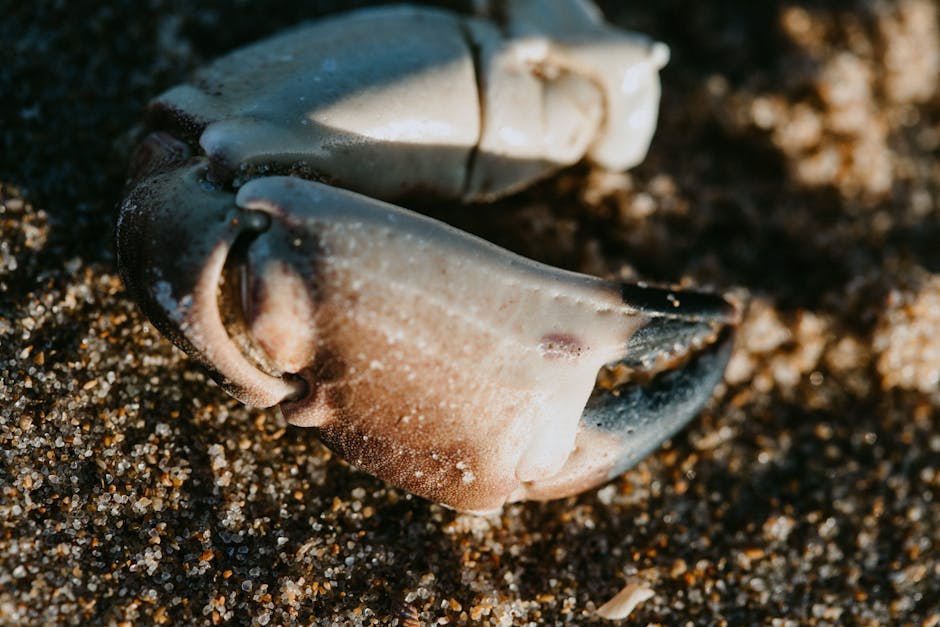The human fascination with the ocean, a vast and mysterious realm, has spurred continuous exploration across millennia. This endeavour, intertwined with the advancement of marine biology and oceanography, has yielded profound insights into the intricate workings of our planet’s aquatic ecosystems. A detailed look into this history reveals a tapestry woven with early curiosity, scientific advancements, and the ongoing quest to understand the enigmatic depths.
Early forays into the marine world, driven primarily by practical concerns like trade and sustenance, marked the initial phases of marine exploration. Ancient civilizations, from the Phoenicians to the Polynesians, developed sophisticated navigation techniques and shipbuilding technologies, enabling them to traverse vast stretches of water. These voyages, while often undocumented in the manner of modern scientific journals, nonetheless accumulated knowledge about marine currents, prevailing winds, and the diversity of marine life. Coastal communities gleaned valuable knowledge about edible species, medicinal plants found in intertidal zones, and the rhythms of the sea, shaping their very survival and culture.
The Renaissance period ushered in a new era of curiosity, fueling the desire to map and chart unexplored regions. Voyages of discovery, like those led by figures such as Captain James Cook, brought back extensive natural history observations of marine organisms and the physical characteristics of various ocean regions. Cook’s expeditions, meticulously documented, were crucial in advancing our understanding of global ocean currents and significantly enriched knowledge about marine species distribution, laying a foundation for future biological studies. The meticulous recording of specimens and ecological observations by these early explorers paved the way for the field of marine biology, marking a shift from rudimentary observation to a more scientific approach.
The 19th century witnessed a pivotal transformation, with the rise of a more formal scientific discipline. Oceanography, with its focus on the physical properties of the sea, emerged as a distinct field of study. Researchers sought to understand currents, waves, and the chemistry of seawater. Notable expeditions, funded by various institutions and national governments, dramatically enhanced our understanding of the oceans’ immense scale and complexities. The development of advanced tools, including early bathymetric equipment, permitted researchers to measure water depth and map the ocean floor. These technological strides, alongside meticulous scientific methodologies, significantly advanced the understanding of the vast oceanic realm and its connection to terrestrial ecosystems.
A pivotal event, the Challenger Expedition (1872-1876), stands as a landmark in the history of marine exploration. This British expedition, meticulously organized and well-funded, employed a modern approach encompassing numerous scientific disciplines to study the deep ocean. Researchers meticulously collected biological samples, conducted physical oceanographic measurements, and explored the chemistry of sea water. The expedition yielded an unprecedented volume of data on marine life, ocean currents, and the chemical composition of seawater, catapulting the scientific study of the oceans into a new era. This expedition laid the foundation for future oceanographic explorations, driving the development of sophisticated instrumentation and the application of rigorous scientific methods.
The 20th century witnessed a dramatic acceleration in marine exploration, fueled by both scientific curiosity and the demands of practical applications. The development of sonar technology revolutionized marine mapping, revealing previously unseen features of the ocean floor. Submersibles, capable of venturing into the deepest trenches, provided unprecedented views of the abyssal world. These technologies, paired with advances in biological sampling techniques, fostered a deeper comprehension of the complex interrelationships within the marine food web and the profound biodiversity of the deep sea.
Modern-day marine exploration is characterized by interdisciplinary approaches, with scientists from various backgrounds working together to address complex ecological questions. The intersection of marine biology, oceanography, and other scientific fields is crucial in addressing challenges like climate change, pollution, and the conservation of marine biodiversity. Satellite imagery and advanced computer modelling provide tools to study large-scale oceanographic processes, while genetic analysis enhances our understanding of the evolutionary relationships among marine organisms.
Contemporary research also focuses on the utilization of marine resources, both for scientific knowledge and practical applications. The development of renewable energy technologies, such as wave and tidal power, draws inspiration from the dynamics of the marine environment. Furthermore, studies on marine organisms contribute to the search for novel pharmaceuticals and biomaterials.
Examining the trajectory of marine exploration illuminates a crucial narrative of human curiosity and the steady advancement of scientific knowledge. From the practical needs of ancient societies to the sophisticated technologies of the modern age, the quest to understand the ocean’s mysteries has driven innovation and illuminated the intricate beauty of the marine world. The evolution of marine exploration has not only fostered a greater appreciation for the ocean’s immense value but has also spurred vital conservation efforts aimed at safeguarding the health of this critical ecosystem for future generations.
